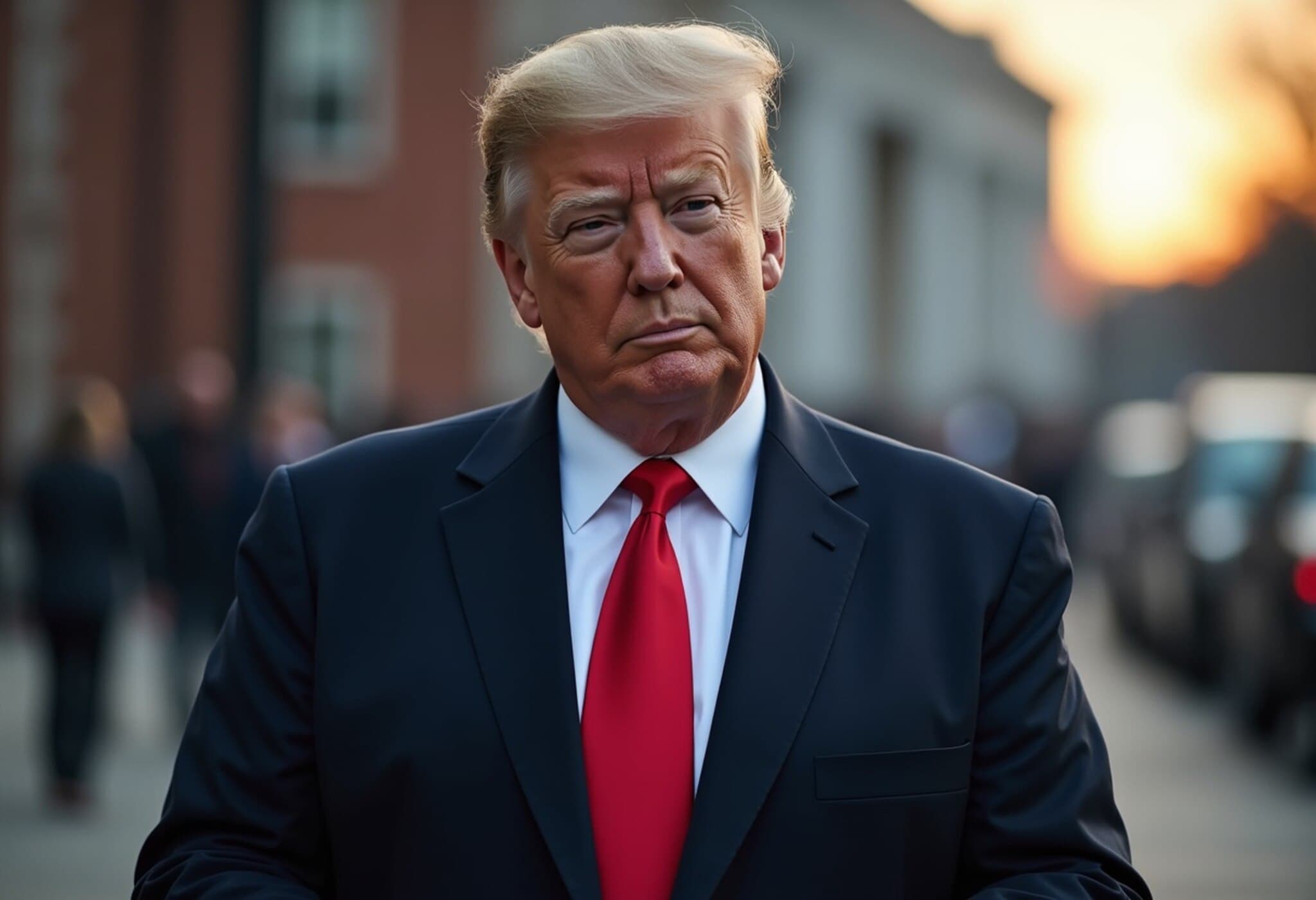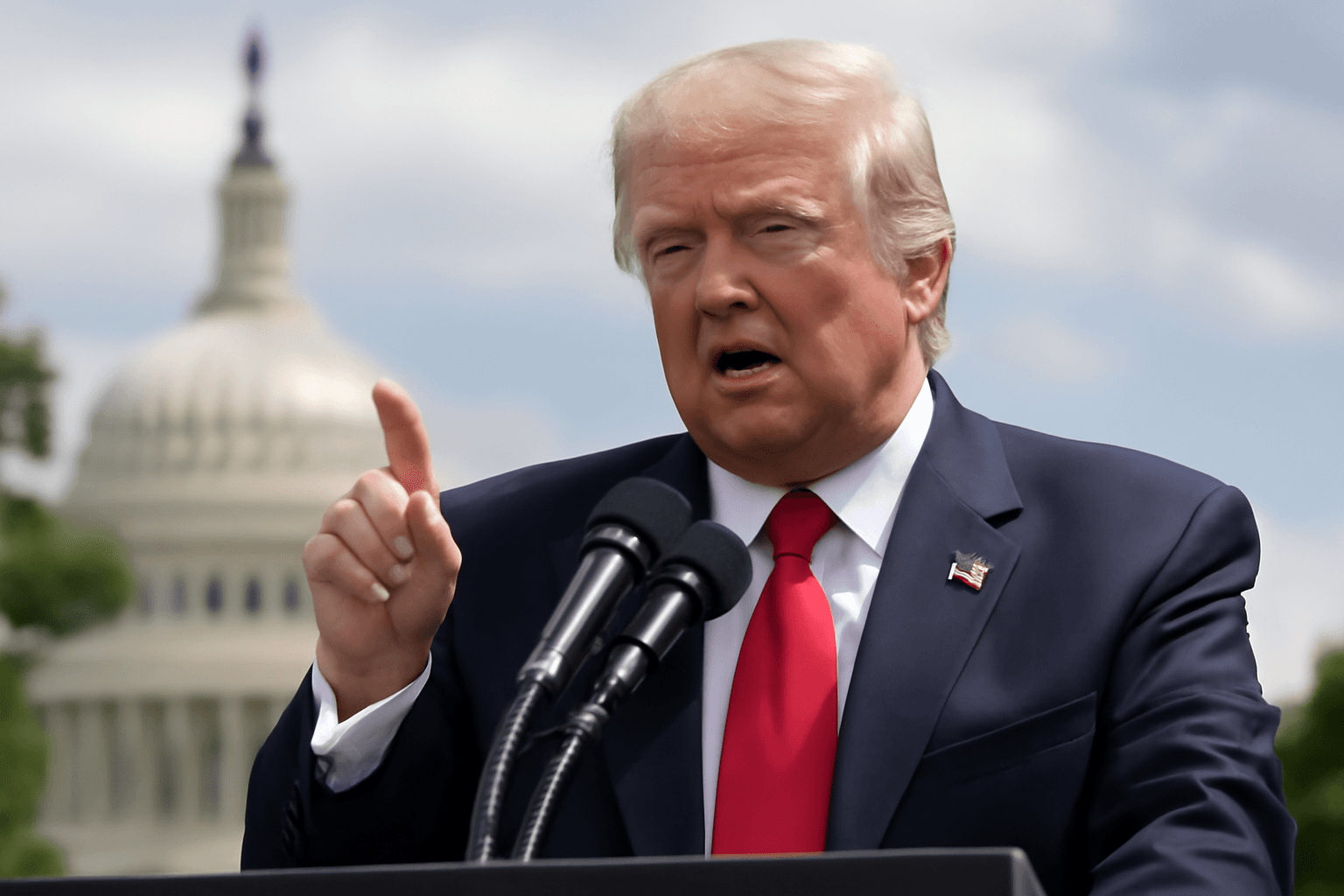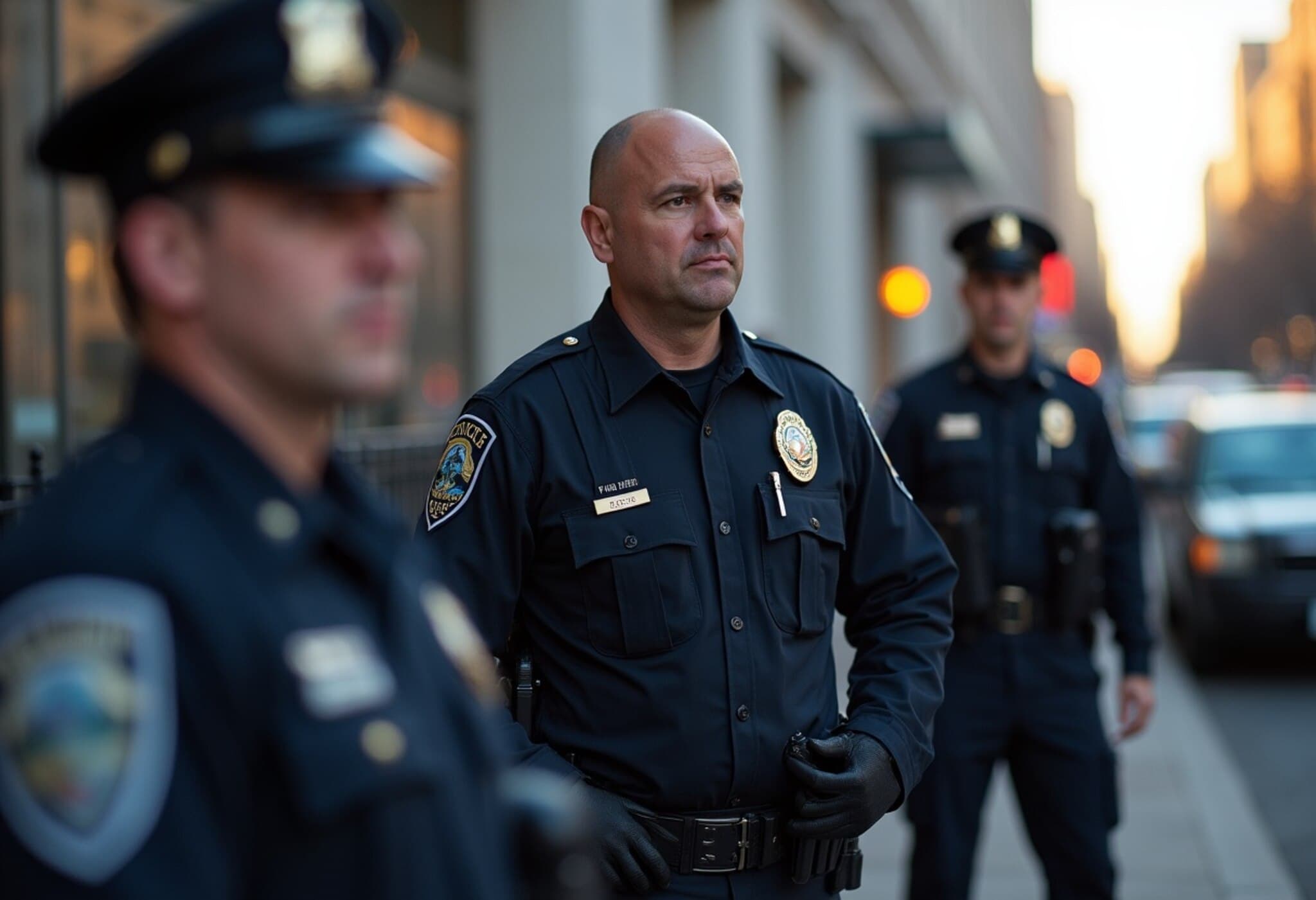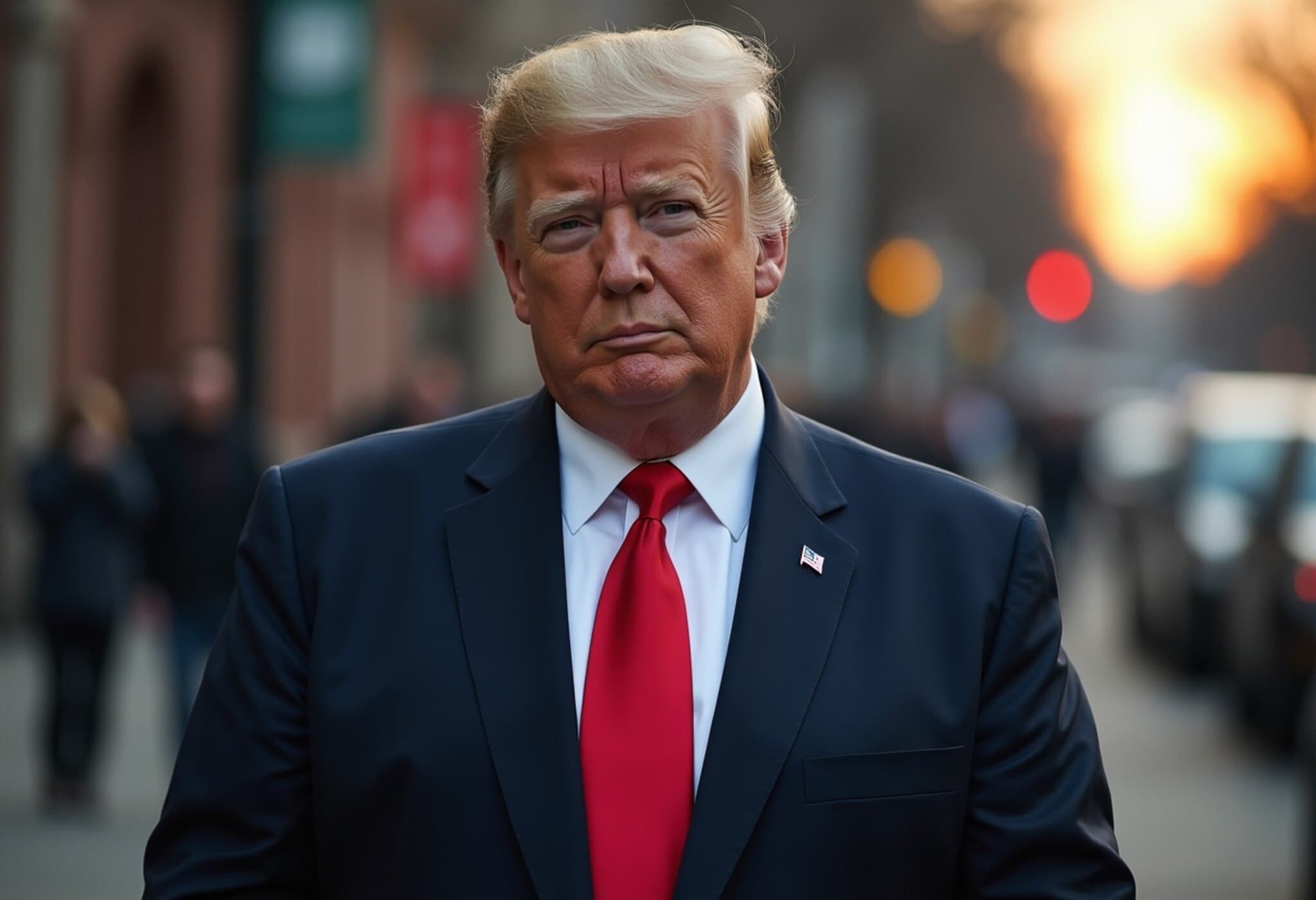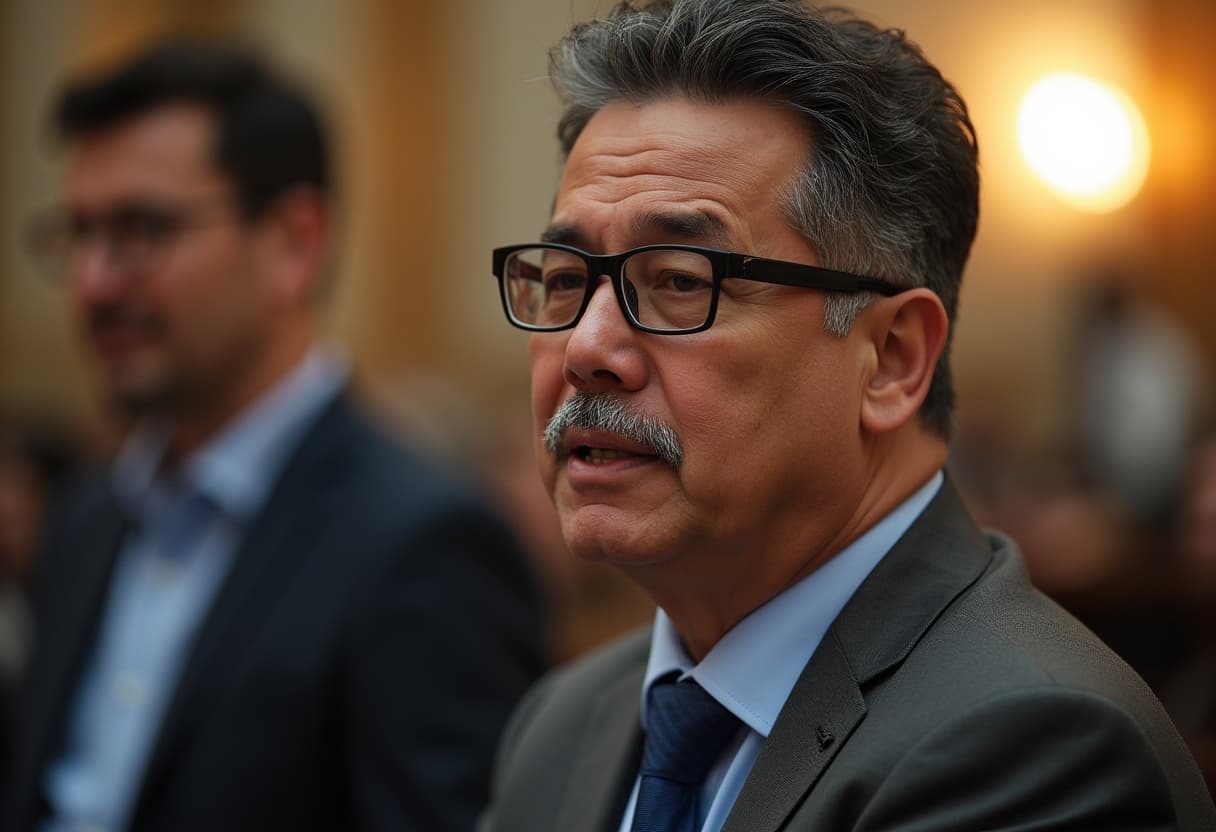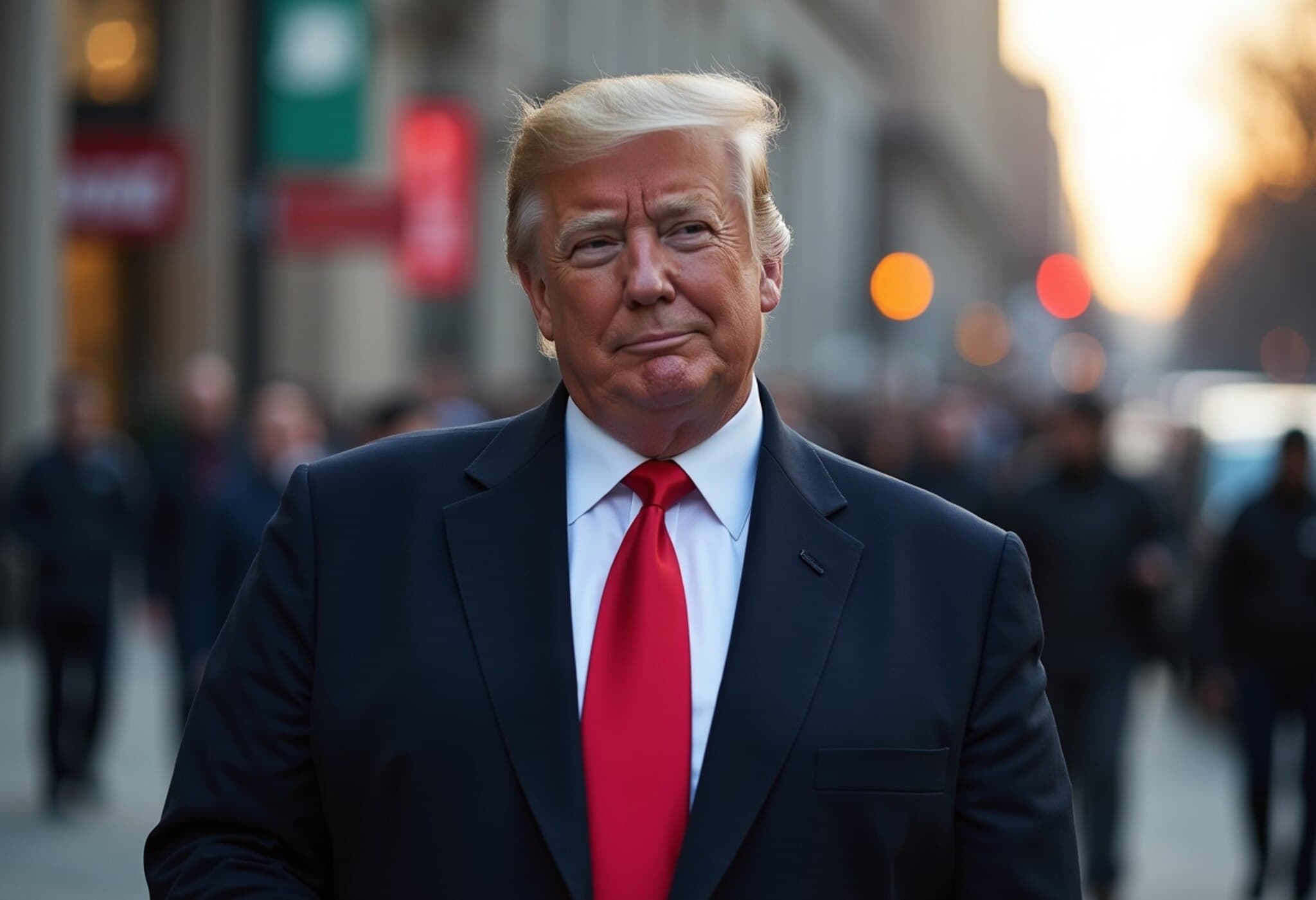Trump Announces Press Conference on D.C. Crime Challenge
President Donald Trump has slated a press conference at the White House for Monday with a bold claim: to effectively "stop violent crime" in Washington, D.C. This announcement comes on the heels of a federal law enforcement surge aimed at curbing crime in the nation’s capital.
Speaking via social media, Trump asserted that Washington, D.C., "will soon be one of the safest cities," despite recent statistics indicating a downward trend in violent crime across the district. His remarks have amplified concerns about public safety, especially following a high-profile carjacking attempt targeting a former member of Congress.
Federal Crackdown: The White House Steps In
On Thursday, the White House unveiled a targeted seven-day initiative to bolster federal law enforcement presence across Washington, D.C. White House Press Secretary Karoline Leavitt remarked, "Washington, D.C. is an amazing city, but it has been plagued by violent crime for far too long." She emphasized President Trump’s directive that there will be "no safe harbor for violent criminals in D.C." as federal agents take action.
The increased federal intervention is part of a broader strategy from the administration to assert control over crime in the capital, a move that has sparked debate regarding the balance of power between the federal government and local authorities.
Local Officials Push Back: A Battle over Home Rule
Washington, D.C. leaders have responded critically to the federal government’s heightened enforcement role, accusing the Trump administration of overstepping the Home Rule Act. This landmark legislation guarantees the city’s residents the right to govern themselves through elected officials, including a mayor and city council.
Rep. Eleanor Holmes Norton, D.C.’s nonvoting delegate to Congress, expressed strong opposition, calling the President’s remarks "misguided and offensive" to the capital’s more than 700,000 residents. She further warned that efforts by Republicans to repeal the Home Rule Act would be met with resistance, noting there is no viable plan to replace the local governance structures if dismantled.
Contextualizing Crime and Governance in D.C.
While the political rhetoric heats up, it’s important to recognize that violent crime in Washington, D.C. has seen recent declines according to official statistics from law enforcement agencies. This raises critical questions about whether increased federal involvement is a necessary or effective solution, or if it risks undermining local autonomy and democratic governance.
Moreover, the interplay between federal and local jurisdictions in D.C. is uniquely complex, given the city’s status as the nation’s capital without full statehood rights. The tension reflects broader national debates over crime policy, policing authority, and civil rights.
Expert Commentary: Balancing Safety and Sovereignty
Experts in urban policy and constitutional law note that while ensuring public safety is paramount, respecting local governance structures is equally vital for democratic legitimacy. Dr. Maria Hernandez, an urban policy analyst, explains, "Federal interventions in D.C. need to be collaborative, not confrontational. Without local buy-in, these initiatives can breed mistrust and reduce effectiveness." She adds, "D.C.’s unique legal status requires nuanced solutions that empower residents rather than override them."
Looking Ahead: What This Means for D.C. Residents
- Increased Federal Enforcement: Expect a visible federal law enforcement presence with a focus on cracking down on violent crime during the upcoming week.
- Political Tensions: Local officials are likely to continue resisting federal overreach, emphasizing D.C.’s right to self-governance.
- Public Safety Impact: The effectiveness of this federal crackdown remains to be seen amid fluctuating crime rates and community concerns.
As this situation unfolds, it serves as a vivid reminder of the delicate balance between security and sovereignty in the nation’s capital — a city that embodies both the power of the federal government and the democratic aspirations of its residents.
Editor’s Note
President Trump’s announcement underscores a persistent national narrative linking crime and governance, yet the backdrop of improving crime statistics complicates the picture. Readers should consider: how can federal and local governments best collaborate to ensure safety without diminishing home rule? And what message does this send about the rights of D.C. residents within the broader American political framework? This evolving story invites scrutiny not only of crime but of democracy itself.

